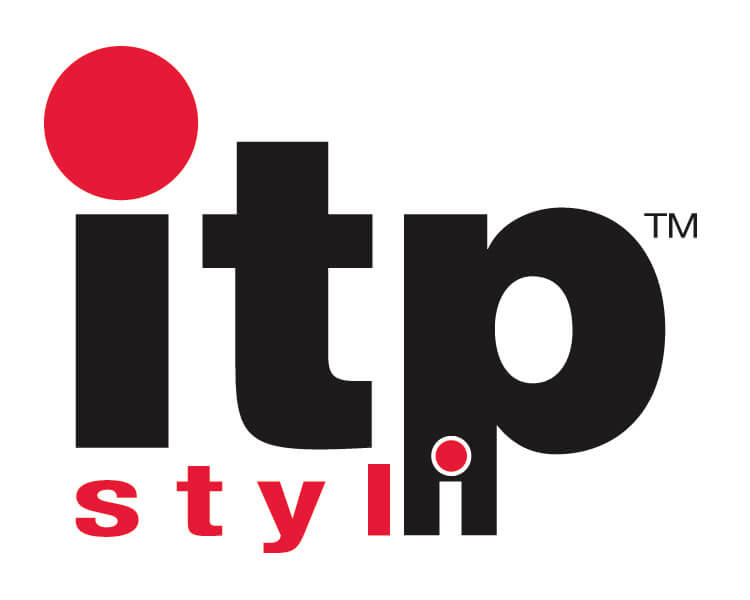Materials
Choosing the correct material is important to ensure success in your application. Factors include weight, durability, length, and thermal stability. Below are descriptions of the materials used. Visit our page with material technical specifications to find out what materials will work best with your applications.

Deflection-resistant carbide stems for standard applications at stable ambient temperatures.

Extensions with superior rigidity for standard applications where weight is not an issue.

Very light weight but poor thermal stability, this is best used in temperature controlled labs.

Light, solid, and thermally stable for production-related applications.

Decent thermal stability, superb flexural rigidity, and relatively light weight.

The best material for long extensions, especially in presence of temperature fluctuations.

Synthetic ruby monocrystaline (AL2O3) spheres are one of the hardest materials available making them ideal for most applications.
Hard pressed Si3N4 is nearly as hard as ruby but its chemical composition deters the build-up of aluminum particulate.

Sintered ZrO2 is recommended when scanning cast iron and other abrasive material due to its unique surface which minimizes friction.
tpstyli also has TEMP-COMP Thermal Stable Technology. This technology helps to obtain accurate measurements in your production area. Learn more about TEMP-COMP Technology. This material should be used for longer extensions as the smallest of temperature changes can greatly affect measurement.
itpstyli not only offers an extensive range of standard styli, but also offers the Design Your Own styli option where you can create a custom stylus that fits your specific application.


